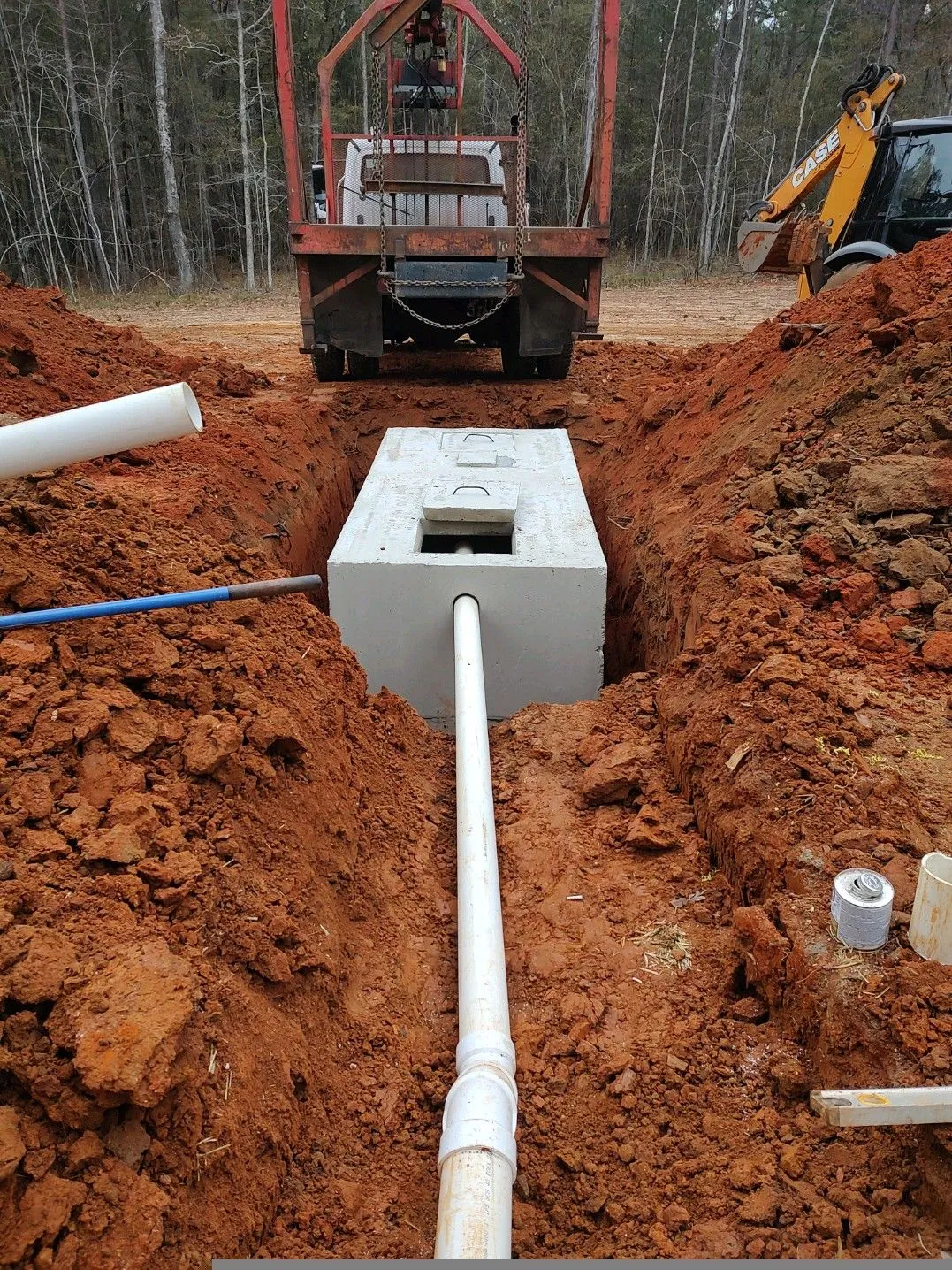
Preventive Septic Care: How to Save Money and Avoid Emergencies Oct 19, 2025
The first step in preventive septic care is understanding the importance of regular maintenance. Septic systems, much like a car, require regular check-ups to function optimally. Scheduling routine inspections with a trusted professional can identify potential issues early on, minimizing the risk of costly repairs later. South Georgia Septic recommends having your system inspected and pumped every three to five years, depending on the size of your household and the usage of your septic system.
Proper water usage is another vital aspect of septic care. Overloading the system with excessive water can lead to premature failure. Simple habits such as fixing leaky faucets, installing high-efficiency toilets and showerheads, and staggering the use of water-intensive appliances can drastically reduce the load on your septic system. This not only conserves water but also prolongs the lifespan of your septic tank.
Being mindful of what goes down your drains and toilets is also crucial. Avoid flushing non-biodegradable items like wipes, feminine hygiene products, and paper towels as they can clog your septic system and cause blockages. Similarly, minimizing the use of harsh household chemicals is essential. These substances can disrupt the natural bacterial balance necessary for breaking down waste, leading to inefficiencies and potential failures.
Landscape management plays a significant role in septic care. Trees and shrubs with deep roots can penetrate your septic system, damaging it. Maintain a clear zone around your septic tank and drain field, free from root interference. Using grass or shallow-rooted plants as ground cover over the septic field can be a suitable alternative, ensuring the area remains permeable and free of heavy foot or vehicle traffic.
Education on recognizing warning signs of septic issues is a powerful tool in preventive care. Watch for signs like slow-draining sinks, toilets that back up, or unpleasant odors around your property. These are often early indicators of a problem within the system. Addressing them promptly by contacting professionals like South Georgia Septic can prevent minor issues from escalating into emergencies.
Finally, keeping accurate records of your septic system's maintenance and service history is a wise practice. These records provide valuable information during regular inspections and can aid in faster troubleshooting should any issues arise. A well-documented history ensures that you, your family, and potential future homeowners understand the care the system has received.
In conclusion, investing in preventive septic care is a small effort with significant rewards. By adopting these practices, homeowners can save money, reduce their environmental footprint, and enjoy peace of mind knowing their septic systems are running efficiently. At South Georgia Septic, we are committed to providing quality service and guidance to help you maintain your system effectively, ensuring it remains trouble-free for years to come. Remember, the key to avoiding septic emergencies is ongoing vigilance and regular maintenance.
/filters:no_upscale()/media/9ea110d9-8e86-4c63-8848-b19e6ea2c83a.jpg)